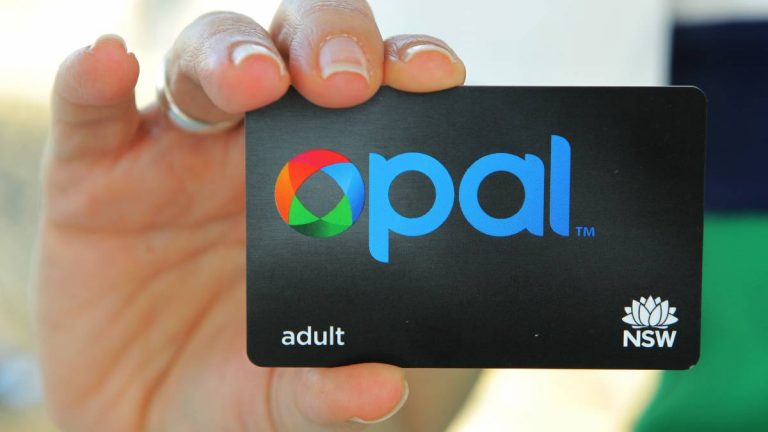It’s long been the bane of the commuter’s existence, but now it seems as though rechargeable, physical travel cards, including Sydney’s Opal, Melbourne’s Myki, and Brisbane’s Go cards, could soon be axed in favour of a more technologically-current method.
As The Daily Telegraph notes, physical cards seem to no longer be the preferred method of travel following a trial which has seen more than 15,000 commuters choose to use their bank cards in lieu of their Opal cards on the Manly ferry. This trial is soon expected to be extended to bus and train lines as well, with further finding to follow.
As it stands, Opal cards can be topped up at dedicated machines, or can be set up to automatically top up, but many argue that this is an, at times, archaic system which does not the embrace technological advancements offered by instantaneous payments and smartphones.
As the SBS reports, NSW Transport Minister Andrew Constance recently spoke to reporters about the future of Opal. “Opal is an enormous success … but we can now take it to a new level so people have choice,” he said. “So they can use their iPhones, their smart watches and of course contactless payment through credit card.”
Minister Constance also stated that these new payment methods won’t require taxpayers to foot the bill for a technological overhaul of the current system, with the system being already equipped to scan credit cards.
“There’s an inbuilt chip that already exists in the hardware, so we’ve got the hardware available, what we want to do is provide people with choice,” he said.
While many are set to welcome the idea, we do have to wonder about some of the shortcomings of the system. What if you’re without your bank card and your phone is flat? And What if your bank is down (as they are often wont to do)? We’re sure that as this move to a smartphone-based system of travel is made, these fears will be assuaged, but in the meantime, we’ll welcome this exciting news with a little bit of cautious optimism.
Love Music?
Get your daily dose of metal, rock, indie, pop, and everything else in between.


































